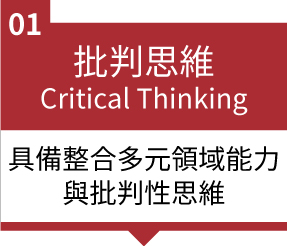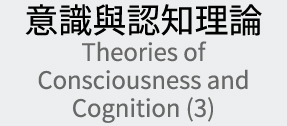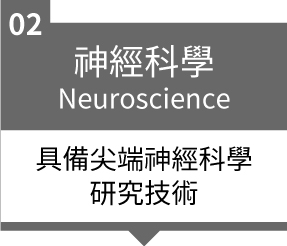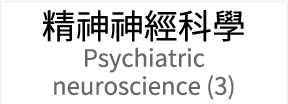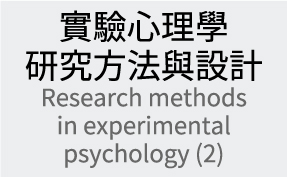
Our Master’s course is research focused and aims to provide students with the technical and intellectual skills needed to understand modern brain science. These skills can prepare them for further work in brain science but are also easily transferable to any context that requires critical thinking, familiarity with data science, or the effective communication of ideas.
Over the two-year course, students complete a selection of courses from two streams: methodological and conceptual. This coursework is concentrated in the first year, with students primarily working on their individual research project in the second year.
Students further develop their research knowledge and experience through a series of lab rotations, the Institute seminar, and through weekly research exchanges. At the seminar, experts from around the world are invited to give a talk and students are prepared to present their own ideas too. At the research exchange, students and faculty discuss current research ideas and new experimental results.
We believe that students learn best in a friendly and supportive environment where students can be responsible for their own work. We have the opportunity to welcome people from all over the world and with a wide range of academic backgrounds, helping us build a diverse social and intellectual environment.

•教育目標
一、整合哲學、生理學與心理學,培養具備跨領域心智意識研究動機之青年才俊
二、培育具備尖端神經影像專精研究技術之心智意識科學研究人才
三、透過臨床實務經驗,引導學員關懷大眾健康議題,並將所學貢獻於社會國家
Total credits for Graduation: 34 including 22 required and 12 elective credits. Students can take up to 6 elective credits from other institutes or programs where approved by their advisor.



